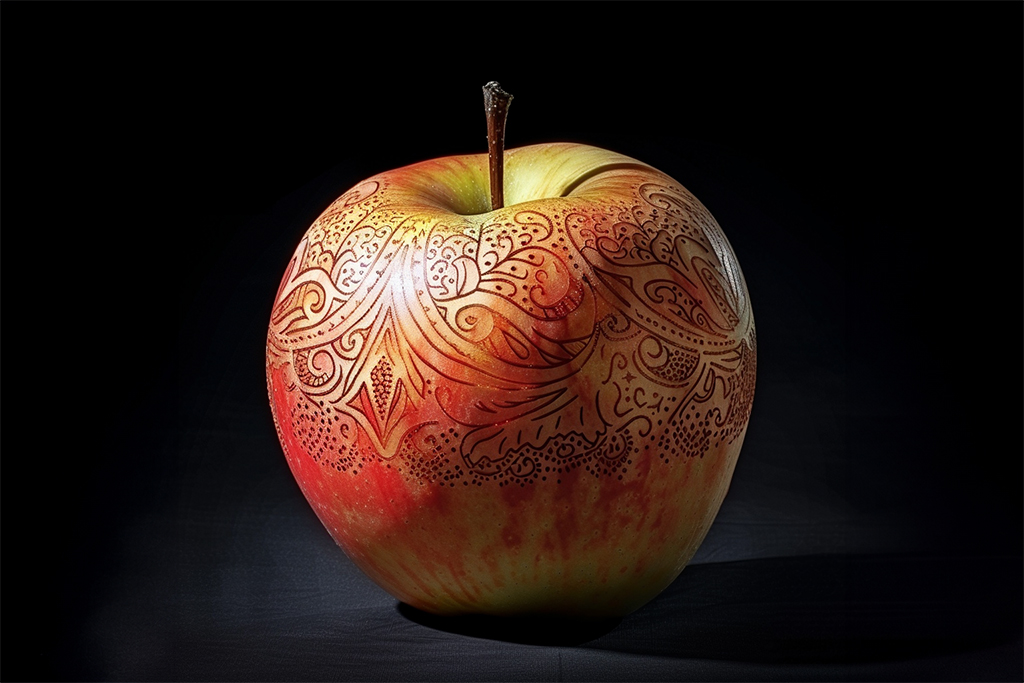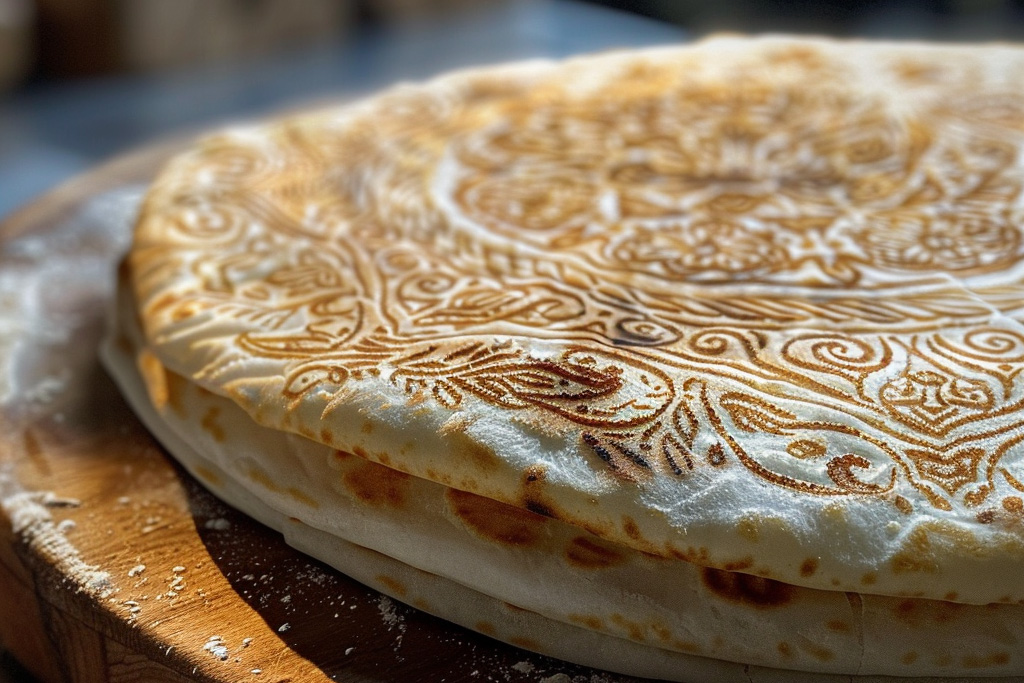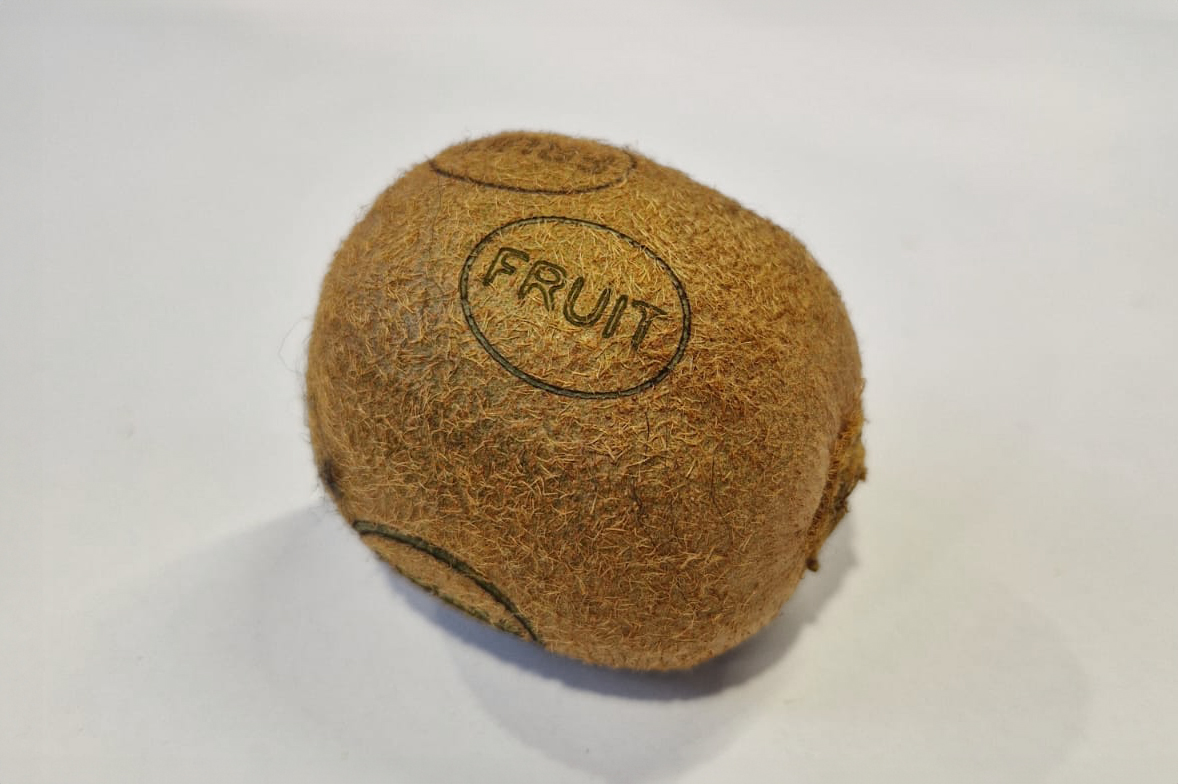Is it possible to get rid of plastic labels on food forever? Thanks to Natural Branding, the laser marking of fruits and vegetables is not only possible but extremely beneficial. The production of plastic labels requires enormous energy consumption and is responsible for tons of polluting waste and CO2 emissions every year.
On the contrary, laser marking is a sustainable process, which guarantees full safety and traceability, without the use of plastic and inks. Let’s see in detail what is meant by Natural Branding and what are the advantages for producers, consumers and the environment.
What is Natural Branding: sustainable labeling
The expression Natural Branding indicates an innovative technique that allows you to mark fruits and vegetables through the use of laser. The laser marking slightly affects the surface of the skin while maintaining the organoleptic qualities of the product and ensuring full food safety.
Thanks to this sustainable labelling process, companies can report information on fruit and vegetables without using plastic or chemicals. The laser allows in fact to mark company logos, barcode, writings and numbers with extreme precision, to guarantee a complete traceability of each product.
What European food labelling legislation says
According to the European legislation on food labelling (EU Regulation No. 1169/2011) all essential information for the consumer must be reported on products. These include the origin of the product, the expiration date and the identification code for tracking the supply chain. Already in 2013, the European Union approved the laser marking of fruits and vegetables as a safe, legal and sustainable method.
Currently Natural Branding is in use in several countries, especially in Northern Europe, but we are still far from the complete replacement of plastic labels. The increasingly urgent need to reduce CO2 emissions makes the laser marking of fruit and vegetables a solution to be pursued with greater commitment, with a view to a decisive reduction in the impact on the environment.
How does the laser marking of fruits and vegetables
In Natural Branding the laser marking of fruit and vegetables is carried out through an intense beam of light generated by the laser source. A mirror system or a plotter head directs the laser beam on the surface of fruits or vegetables to mark the desired information. During the process, the laser acts only on the most superficial layer of the peel, creating a visible contrast in the pigment without damaging the fruit or vegetable.
The depth and intensity of the laser beam are regulated by a special software, with variable parameters depending on the product, to ensure an optimal outcome. The result is perfectly legible and indelible written and numbers, as required by European legislation, obtained without the use of ink or plastic. The whole process keeps the properties of fruits and vegetables intact and does not affect their durability and storage.

What are the advantages of laser marking fruits and vegetables
Natural Branding is an important breakthrough in fruit and vegetable labelling, as it is a process of quality and sustainability. Among the many advantages of laser marking on food products are:
Sustainable labels
Traditional labelling entails a huge amount of plastic waste to be disposed of at the expense of the environment and only 9% of the plastic can be recycled. Laser marking of fruits and vegetables eliminates the need for adhesive labels, reducing the production of non-biodegradable waste from the supply chain.
CO2 emissions reduction
One of the biggest advantages of Natural Branding is the ability to reduce CO2 emissions related to the use of adhesives, plastics and ink up to 99.9%. Laser marking of vegetables and fruits requires extremely lower energy consumption and does not involve inorganic waste to be disposed of. In this way, both in production and distribution, the supply chain of agricultural products becomes much more environmentally friendly.
Flexibility and customization
Laser marking is able to replicate letters, numbers and graphics of any type and complexity with impeccable precision. Using lasers instead of labels allows companies to customize their products with maximum creativity and flexibility. Simply modifying the drawing and processing parameters, it is quickly to obtain a new customized “label”, on varying of changes in regulations or new market needs.
Quality and safety
By avoiding the use of chemicals, such as inks or glue, laser marking of fruit and vegetable products is also safer for consumers. The laser-marked skin can be easily removed and in any case there is no risk of contamination. At the same time it guarantees the traceability of the supply chain of each product with indelible and detailed information.
Sustainable labelling is also anti-fraud
An often underestimated advantage of Natural Branding is the permanence of laser markings that, unlike labels, cannot be exchanged and are difficult to manipulate. This guarantees greater protection for both manufacturers and end consumers.

I sistemi laser OT-LAS per la marcatura laser di frutta e verdura
OT-LAS is the Italian company that designs and manufactures laser marking and engraving systems with 40 years of experience in the field. The innovative design of the laser machines and the high quality of the materials guarantee reliability, efficiency and durability, with a competent and timely service. OT-LAS laser systems for Natural Branding guarantee:
- Perfect result in fruit and vegetable marking thanks to the high resolution optical galvanometric system
- Maximum versatility in marking numbers, codes, letters and logos of all types thanks to the graphic processing software installed onboard of OT-LAS laser machines
- Reduced operating costs through efficient laser systems and energy savings
- Waste abatement thanks to the marking system that does not require plastic materials or polluting inks
- Dedicated assistance for every need with experienced and trained technicians
Discover the laser systems of OT-LAS for Natural Branding or contact us for information.
